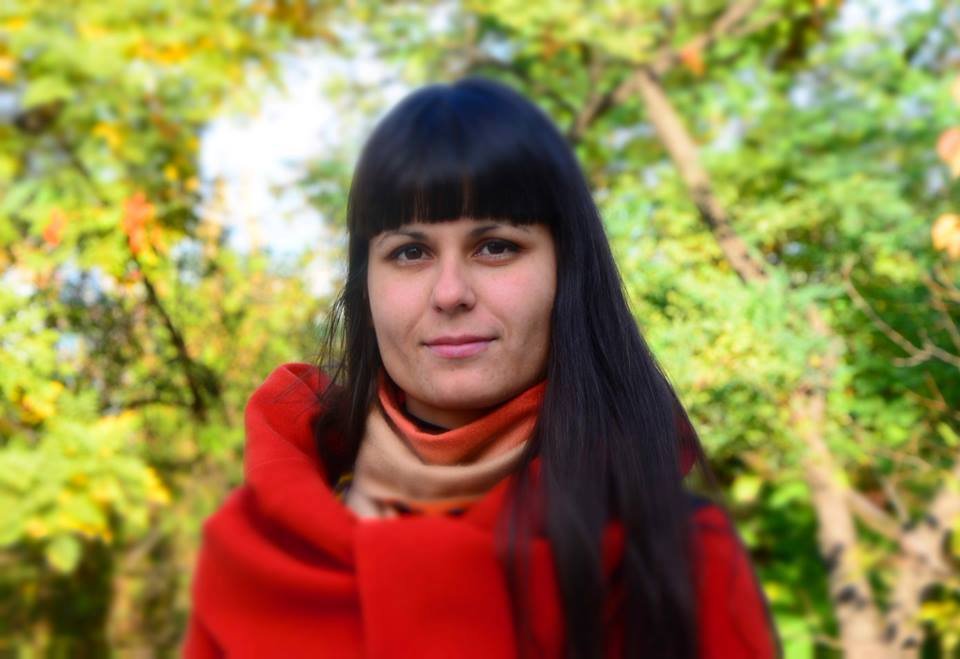
The CIVICUS Monitor’s research partner in the Black Sea region recently spoke to Evgenia Genova, a journalist and editor of the website IzbirKom in Odessa, Ukraine about the current state of freedom of expression in the country.
How has the situation of local media changed following the EuroMaidan demonstrations and the annexation of Crimea?
Following the Revolution of Virtue (EuroMaidan), media outlets across Ukraine have undergone changes and reforms. So, all district, city and regional media, which were previously financed from local budgets, went through, or are still going through, a process of denationalization. This means that, on the one hand, media enjoy more freedom as financial autonomy from the political system has increased their ability to write independently and objectively. On the other hand, we are witnessing a financial crisis, as journalists in the field have never before had to finance themselves through project funding, and this is not something they know how to do.
In addition, there is insufficient training on media literacy for the regional press operating at district and village level. In fact, newspapers have been bought by local business-people, and so in the end, we cannot talk about freedom of speech or media freedom. Furthermore, local newspapers, which often do not even have websites, and only appear in print, can write anything their owner wants. Sometimes, this includes articles that contradict the Ukrainian Constitution and call for separatism. There are no checks on them and there are no systems of control or law enforcement agencies in remote areas. And this is not a very encouraging trend.
What is the situation of investigative journalism at the local level? Are there any changes regarding the quality of reports?
Investigative journalism has become more commonplace in Ukraine, including in regional media. Many investigations are conducted and most of them are of increasing quality, although there is still room for improvement. However, the issue is whether the revelations prompt investigations by the authorities. Are the authorities ready to react to journalism about different public figures who are included in the reports revealing government corruption? In a recent example, the Odessa regional organisation "Committee of Voters of Ukraine" filed 68 applications to the authorities about possible conflicts of interests of deputies of various local councils throughout Ukraine. The response from the authorities was that there were no violations in the actions of the deputy in the Sumy region.
In addition, another important point is that it seems people are "overfed" by investigative journalism. Everyone knows that we have corruption. People are reading news about another violation or they watch a story about how someone steals their budget funds and do not react in any way to the abuses. They do not care anymore. They know that "all of them are slaves of the system" and they do not want to do anything about it. The indifference of the readers is perhaps even a bigger problem than the lack of response by authorities since, in our country, society can influence the system of power: we have witnessed that. What we need is a desire for change amongst the people.
What are the main challenges or difficulties for IzbirKom and for other CSOs within Odessa region?
Our organisation,Odessa regional organisation of the "Committee of Voters of Ukraine", which is the founder of the website and the newspaper "IzbirKom",works through various grant projects. As for donors, there are quite a lot of organisations in our country that support journalists with training and internships. We often take part in various Internews projects, organised by the Institute of War and Peace, various projects of the Institute for Regional Press Development, etc. There are all sorts of free training programs, including investigative journalism, and mini-grants for individual small projects.
The first challenge for IzbirKom is the lack of time. It sounds trite, but it is true. We have a niche publication, mainly we write about politics, about local authorities, and about reforms. This requires more effort and time than writing about everything else: murders, robbery, accidents. And since the team we have is too small, this being the second challenge, we sometimes understand that we cannot do everything that we want and so we do what we can.